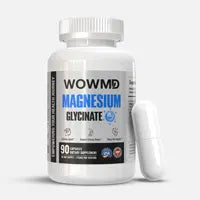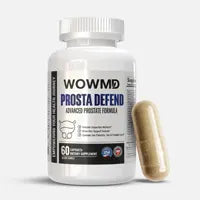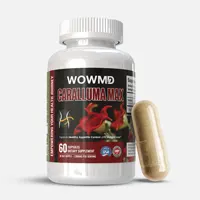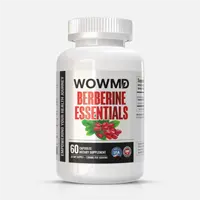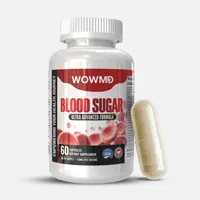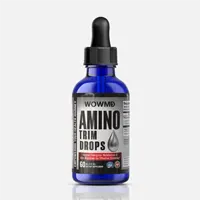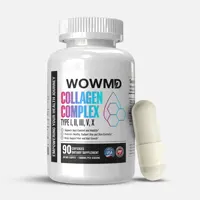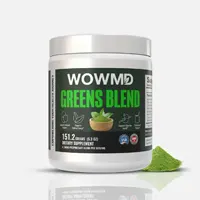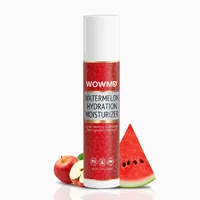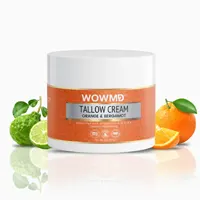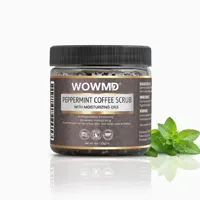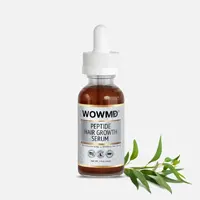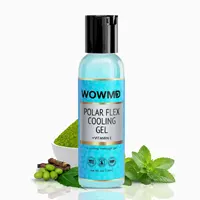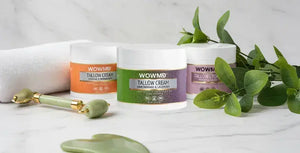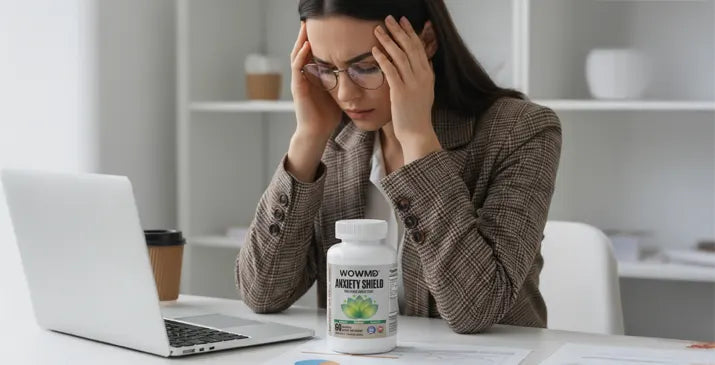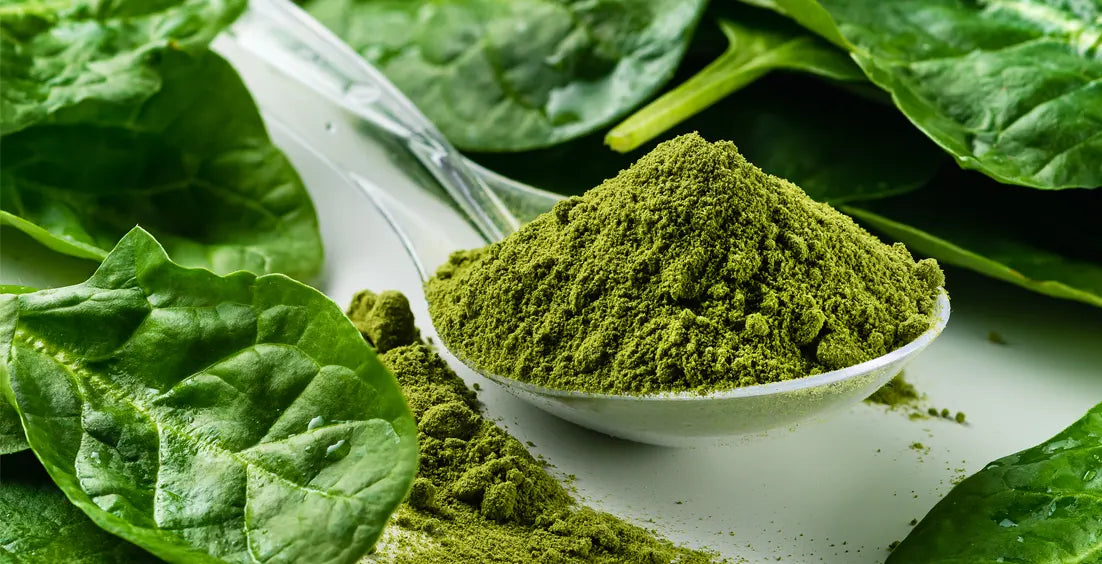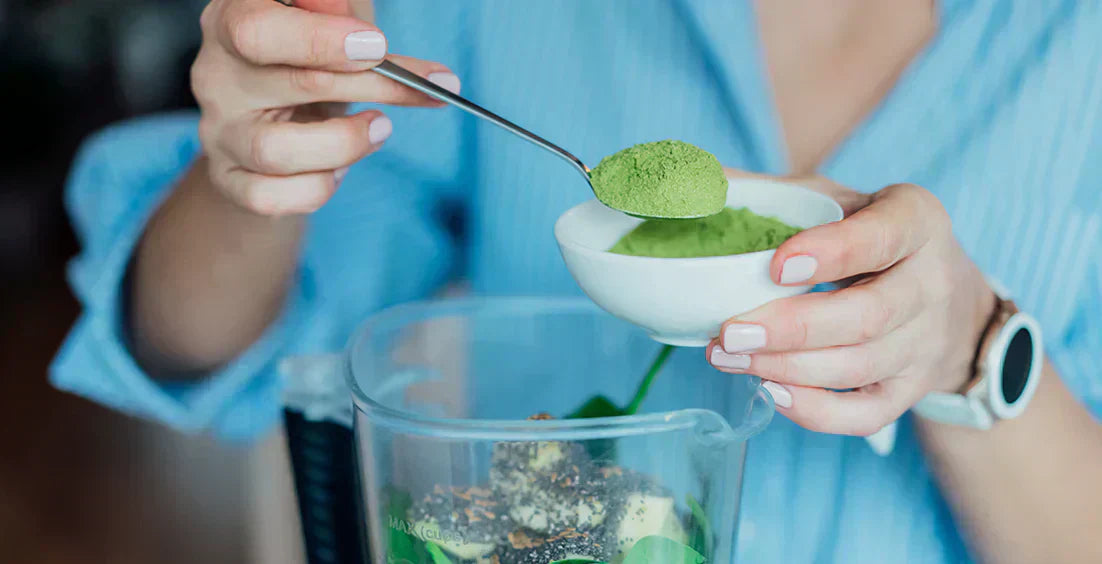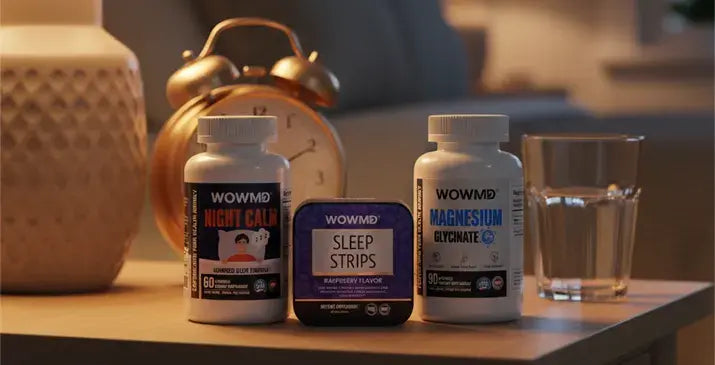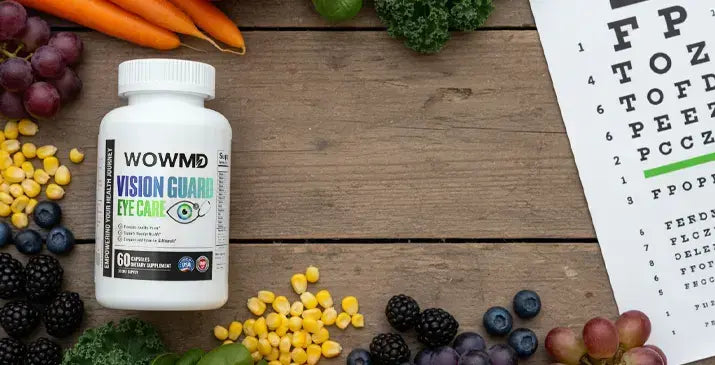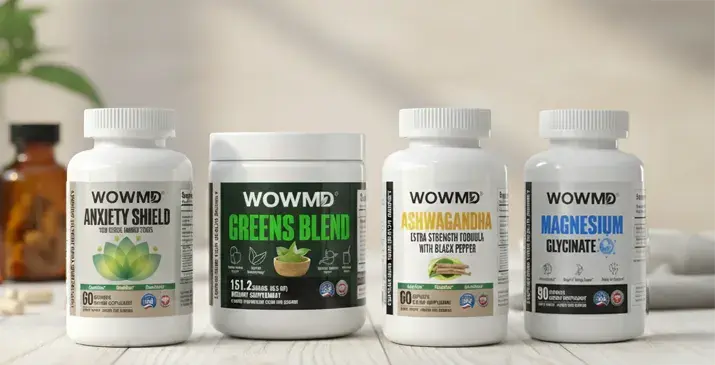Best Vitamins & Supplements for Stress and Anxiety in 2026
Stress relief starts with the right vitamins. Discover the top vitamins & supplements for anxiety and how they enhance brain function, mood, and relaxation
Advertiser Disclosure: WOWMD independently vets all recommended products. If you purchase a featured product, we may be compensated. Learn why you can trust us.
You May Also Like
Popular Stories
- Superfood Greens Powder Uses & Recipes
- The Best Beef Tallow Products for Radiant Skin: A 2026 Guide
- Holy Basil : Ayurveda’s Herb for Balance, Immunity & Everyday Calm
- Best Gel Moisturizers for Hydration & Skin Care in 2026
- 7 Best Effective Supplements for Improving Bladder and Prostate Health in 2026
- 4 Best Cooling Gels for Skin and Body: Instant Refreshment and Relief
References
WOWMD follows strict sourcing guidelines to ensure the accuracy of its content, outlined in our editorial policy. We use only trustworthy sources, including peer-reviewed studies, qualified experts, and information from top institutions.
- Improving Cognitive Function with Nutritional Supplements in Aging: A Comprehensive Narrative Review of Clinical Studies Investigating the Effects of Vitamins, Minerals, Antioxidants, and Other Dietary Supplements https://www.ncbi.nlm.nih.gov/pmc/articles/PMC10746024/
- The Role of Magnesium in Neurological Disorders https://www.ncbi.nlm.nih.gov/pmc/articles/PMC6024559/
- Vitamin B6: A new approach to lowering anxiety, and depression? https://www.ncbi.nlm.nih.gov/pmc/articles/PMC9577631/
- Associations between Dietary Intake of Vitamin D, Sun Exposure, and Generalized Anxiety among College Women https://www.ncbi.nlm.nih.gov/pmc/articles/PMC9780868/
- Vitamin C supplementation attenuates the increases in circulating cortisol, adrenaline, and anti-inflammatory polypeptides following ultramarathon running https://pubmed.ncbi.nlm.nih.gov/11590482/
- Effect of magnesium and vitamin B6 supplementation on mental health and quality of life in stressed healthy adults: Post‐hoc analysis of a randomised controlled trial https://www.ncbi.nlm.nih.gov/pmc/articles/PMC9292249/
- Effects of Magnesium Citrate, Magnesium Oxide, and Magnesium Sulfate Supplementation on Arterial Stiffness: A Randomized, Double‐Blind, Placebo‐Controlled Intervention Trial https://www.ncbi.nlm.nih.gov/pmc/articles/PMC9075273/
- Effects of Omega-3 Polyunsaturated Fatty Acids on Brain Functions: A Systematic Review https://www.ncbi.nlm.nih.gov/pmc/articles/PMC9641984/
- Ashwagandha (Withania somnifera)—Current Research on the Health-Promoting Activities: A Narrative Review https://www.ncbi.nlm.nih.gov/pmc/articles/PMC10147008/
- Rhodiola rosea as an adaptogen to enhance exercise performance: a review of the literature https://www.ncbi.nlm.nih.gov/pmc/articles/PMC10784128/
 Alpha Man Power Pack
Alpha Man Power Pack All-Day Fat Burn Trio
All-Day Fat Burn Trio Better Immunity Bundle
Better Immunity Bundle  Calm & Sleep Duo
Calm & Sleep Duo Cognitive Health & Vision Combo
Cognitive Health & Vision Combo Complete Weight Loss Bundle
Complete Weight Loss Bundle Core Vitality Trio
Core Vitality Trio Energy Booster Combo
Energy Booster Combo Focus Fuel Trio
Focus Fuel Trio Glow & Balance Duo
Glow & Balance Duo Health Balance Trio
Health Balance Trio Heart Care Bundle
Heart Care Bundle Joint Health Support Combo
Joint Health Support Combo Men's Immunity & Prostate Health Bundle
Men's Immunity & Prostate Health Bundle Metabolism Boost Duo
Metabolism Boost Duo Natural Skin Care Bundle
Natural Skin Care Bundle Peak Performance Duo
Peak Performance Duo Relax & Recharge Duo
Relax & Recharge Duo Skin Detoxification Bundle
Skin Detoxification Bundle Smart Energy Trio
Smart Energy Trio Stress + Energy + Wellness Combo
Stress + Energy + Wellness Combo  Total Burn Ignite Trio
Total Burn Ignite Trio Total Harmony Pack
Total Harmony Pack Workout Supplements Combo
Workout Supplements Combo